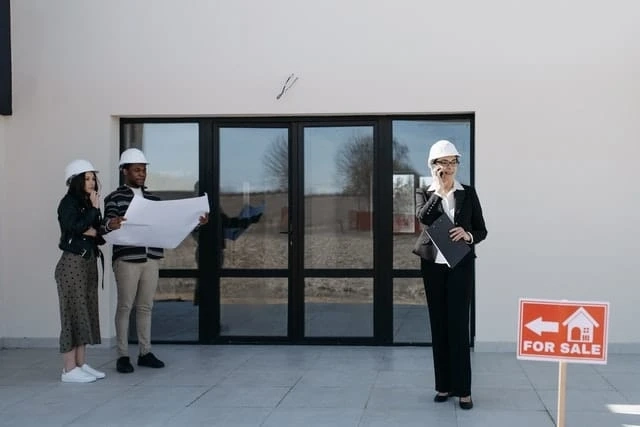You should always thoroughly inspect a home before spending money on it. You may not see broken appliances, foundation cracks, aged plumbing, dangerous wiring, and other defects. This article will look into some of the everyday things you should inspect before closing on a property.
Things You Should Look Out For
If you\'re thinking about buying a home, it is crucial to be thorough. A few simple maintenance checks can sometimes be the difference between buying the home of your dreams and falling into an expensive nightmare. Here are things you should inspect.
Check for Corrosion or Water Stains
You can tolerate some flaws when buying real estate, but water damage should never be an exception. No matter how "minor" it may seem, water damage can compromise living standards, not to mention added expenses for repair. You should check the walls for signs of moisture and leaks, especially near showers and bathtubs.
Check for Large Cracks On Walls
Analysis of cracks and perimeters can help decide whether or not it is a surface defect or a more severe problem. It is best to study the direction of the crack as this may help highlight underlying issues. If, for instance, the crack assumes a vertical shape and begins where the wall and ceiling meet, it could signify a sagging of the foundation.
Look for Sagging Ceilings
Sometimes the signs are apparent. In other cases, it is difficult to identify them with an untrained eye. While looking for a sagging ceiling, see if you will notice a "parachute" shape. This will show you all the deflections and defects of the ceiling sheets, especially when using a flashlight. A few other things include:
- Bloating or "pillows" on the ceiling.
- Cracks on the ceiling
- Bubble lines along the edge of the ceiling or missing space.
Pillows on the ceiling are often challenging to see, but you can check them out using a ladder or stepladder in a well-lit room or with a flashlight.
Examine the Roof
Examine the roof and ensure the roofline is straight and not stretched. Alternatively, use a flashlight to check the home\'s interior to expose any signs of moisture or leaks on walls, ceilings, or high places in your attic. A buildup of leaves in the gutter can also cause roof water problems. Leaves, twigs, and other debris can accumulate and cause rot, mold, or structural damage. In case of any questions or concerns, roofing companies in Lynchburg, VA can help you sort out all your roofing needs.
Check for Plumbing Issues
Plumbing problems are among the most common issues a homeowner may face after moving in. Toilets and sinks can give you a good idea of the water pressure and overall plumbing condition of a house. Here are some of the things you should do before you close on a house:
- Flush each toilet to make sure all the water comes out.
- Turn on all faucets in your home.
- Check for leaks under and around the spout and under the sink.
- Make sure each sink drains quickly.
Check the Garage
Inspecting a garage may reveal signs of actual or aesthetic damage. When entering the space, focus your attention on things like the door. First, open the door and make sure it moves smoothly and does not wobble. Both sides should rise at the same time. When it is opened, make sure the springs or tracks are in good condition having no rust. Also, remember to check the security sensors.
Check for Uneven Floors
Uneven floors are characterized by rapines and sloppiness. If the ground is steep in one direction, it may indicate structural damage such as foundational damage or subsidence. This is often accompanied by other defects. These can be cracks in the foundation plasters and on the walls, especially near doors and window frames.
Conclusion
A home inspection is mandatory and should never be skipped. Doing this will save you a ton of money on repairs and ensure you get a good deal.
0



